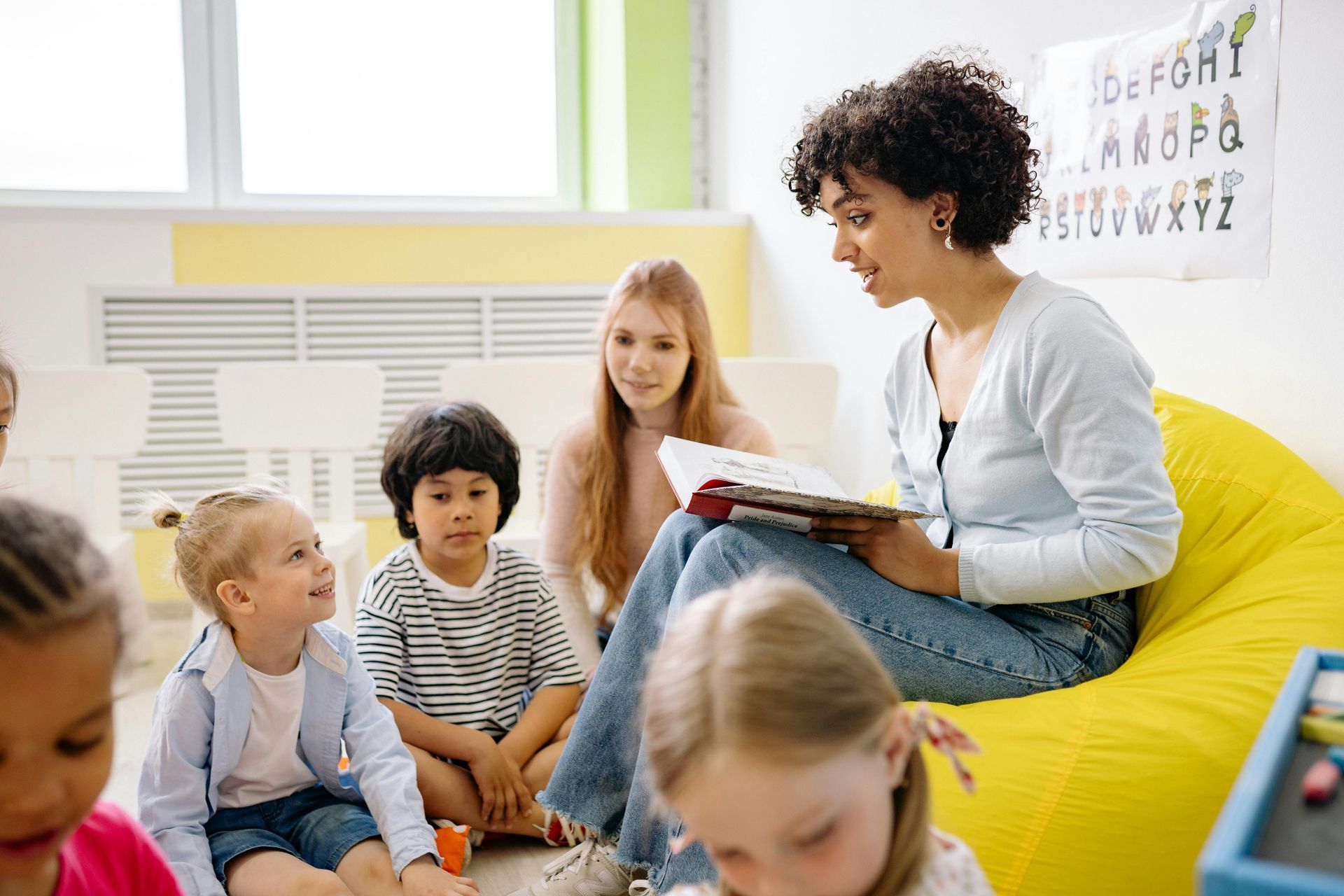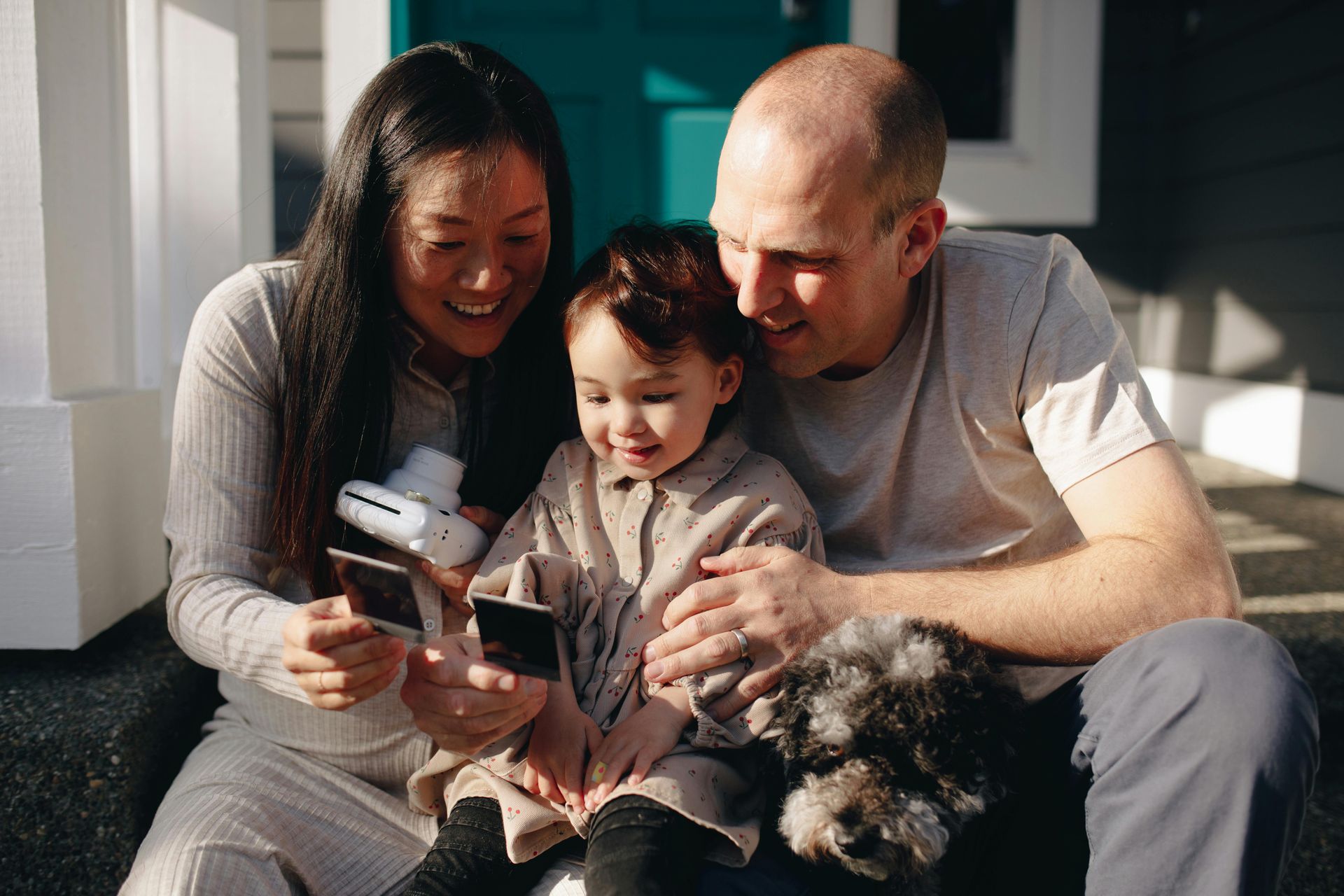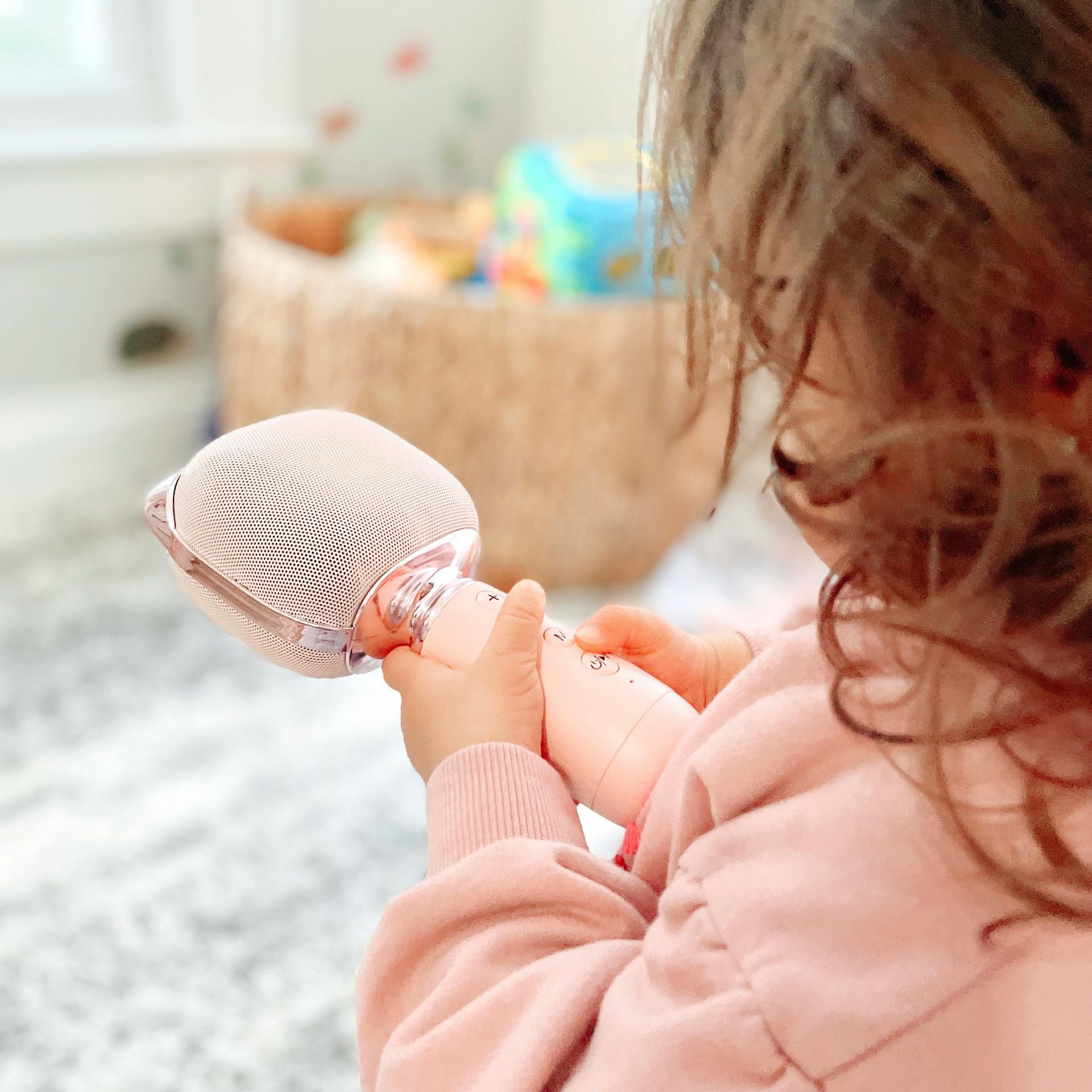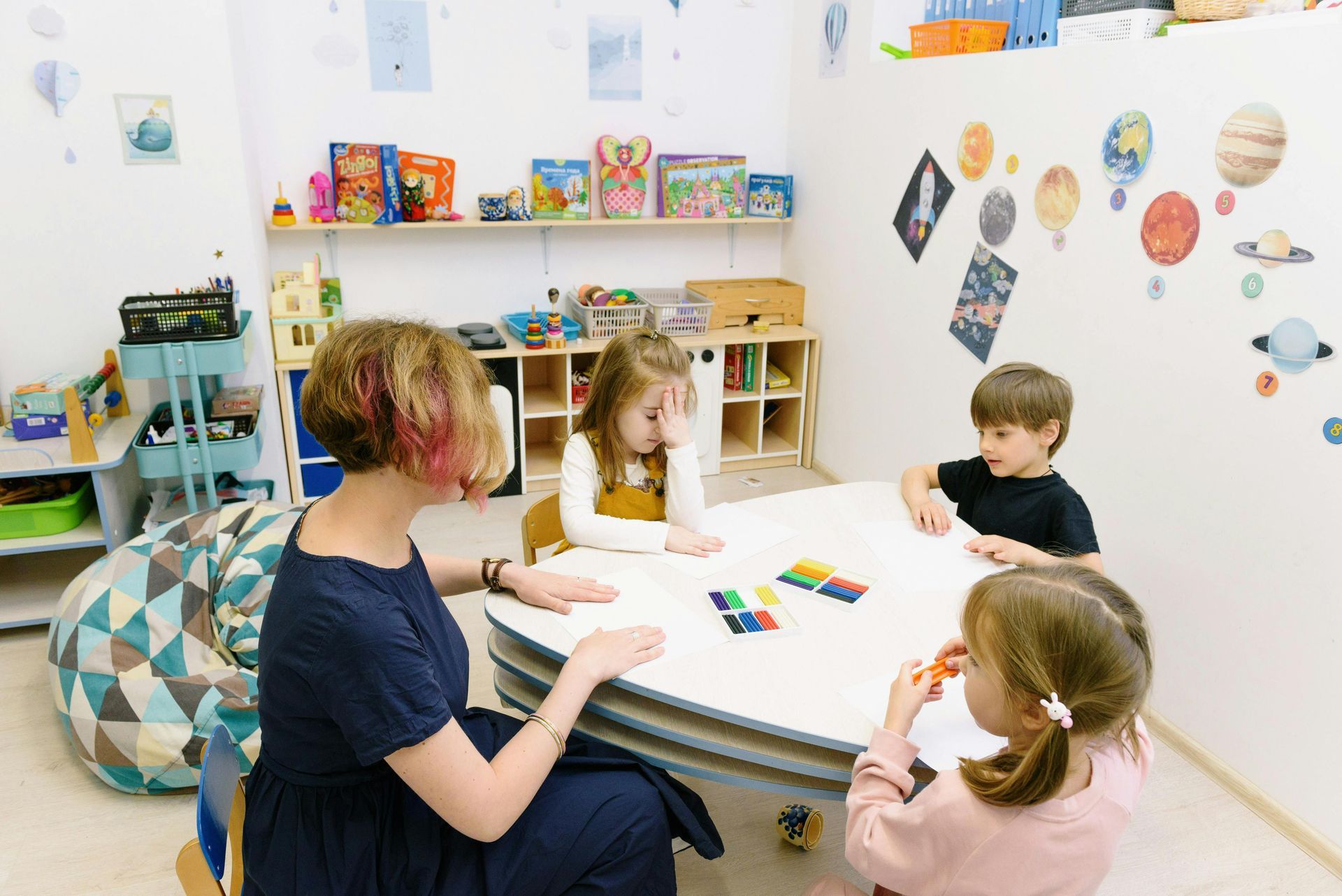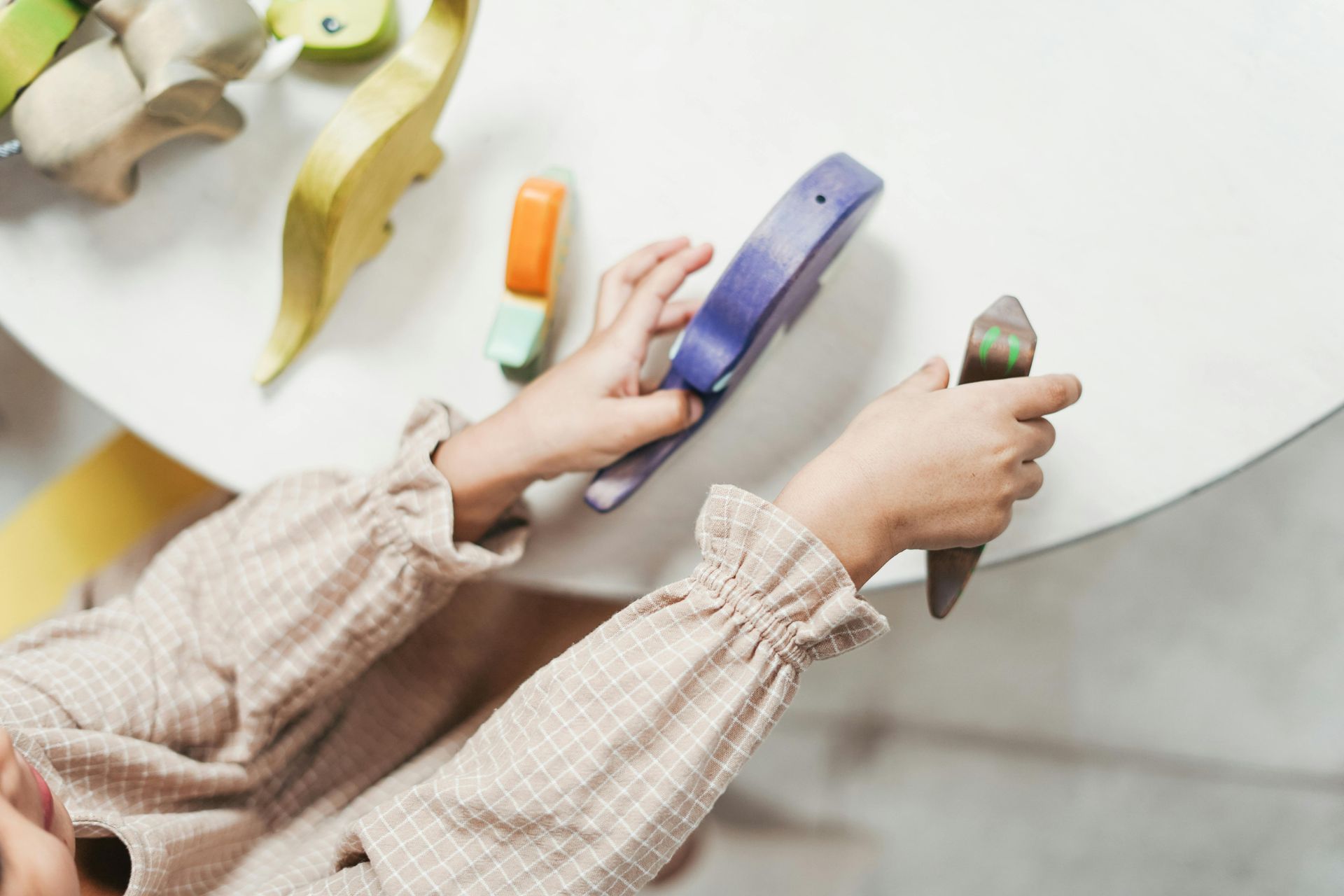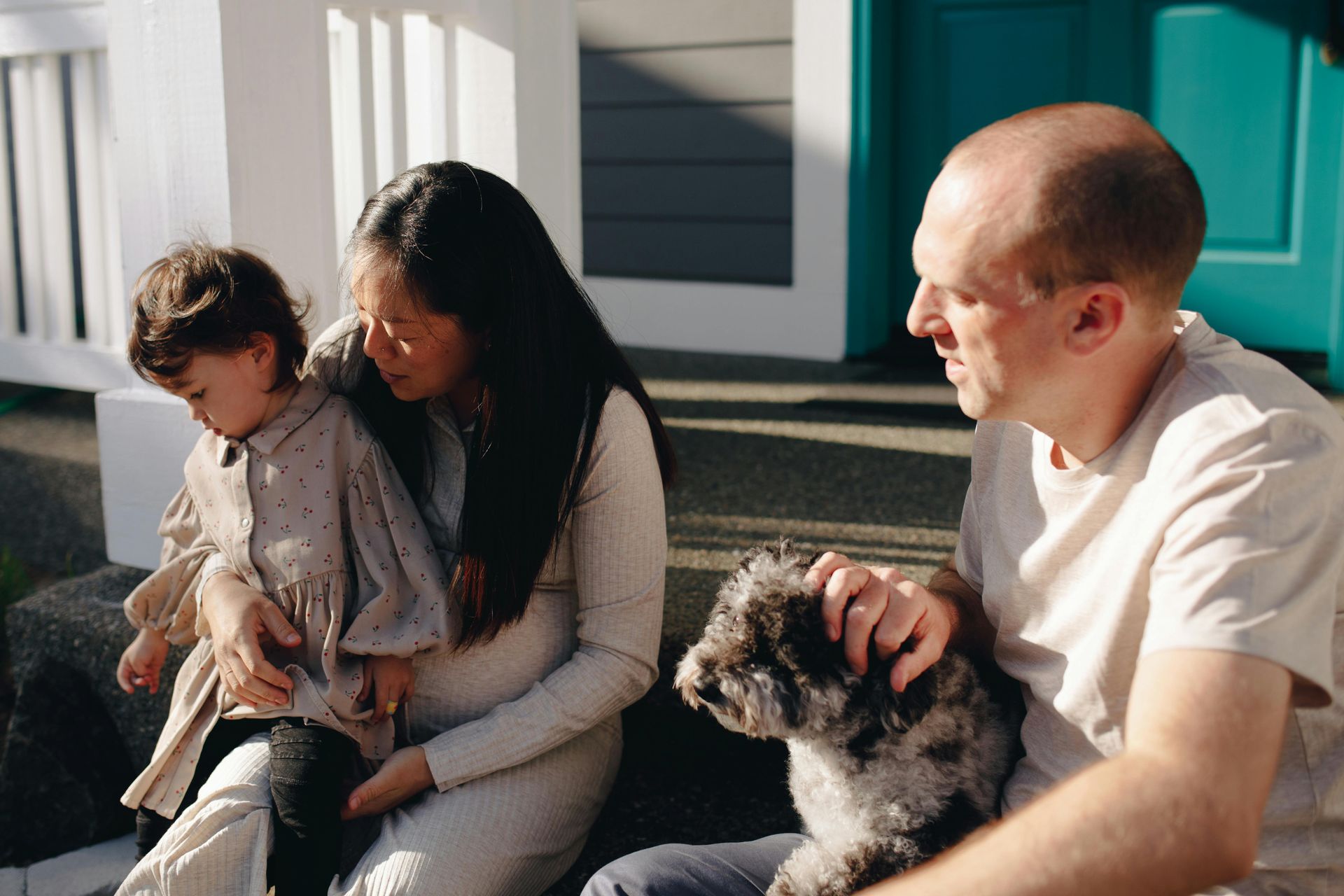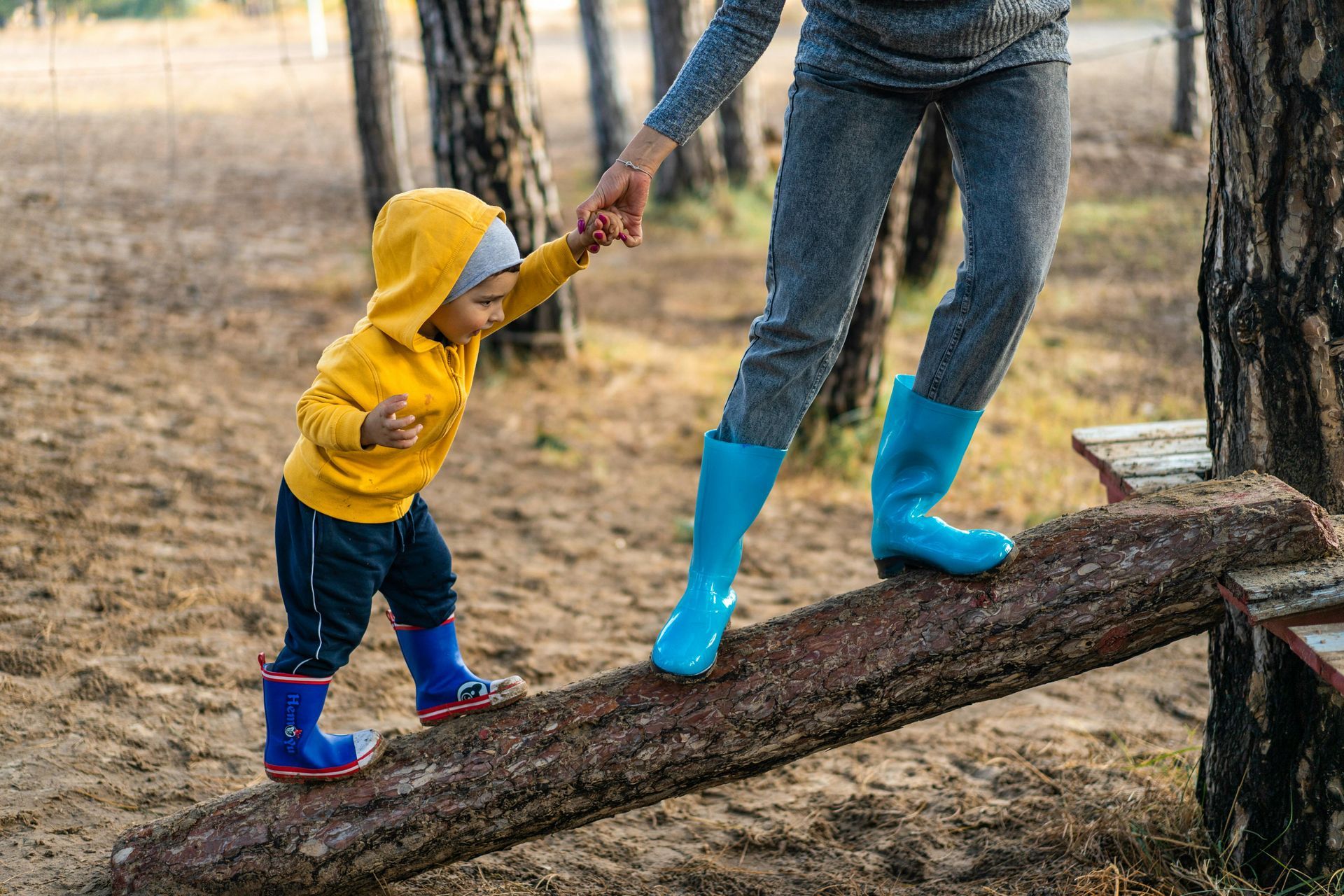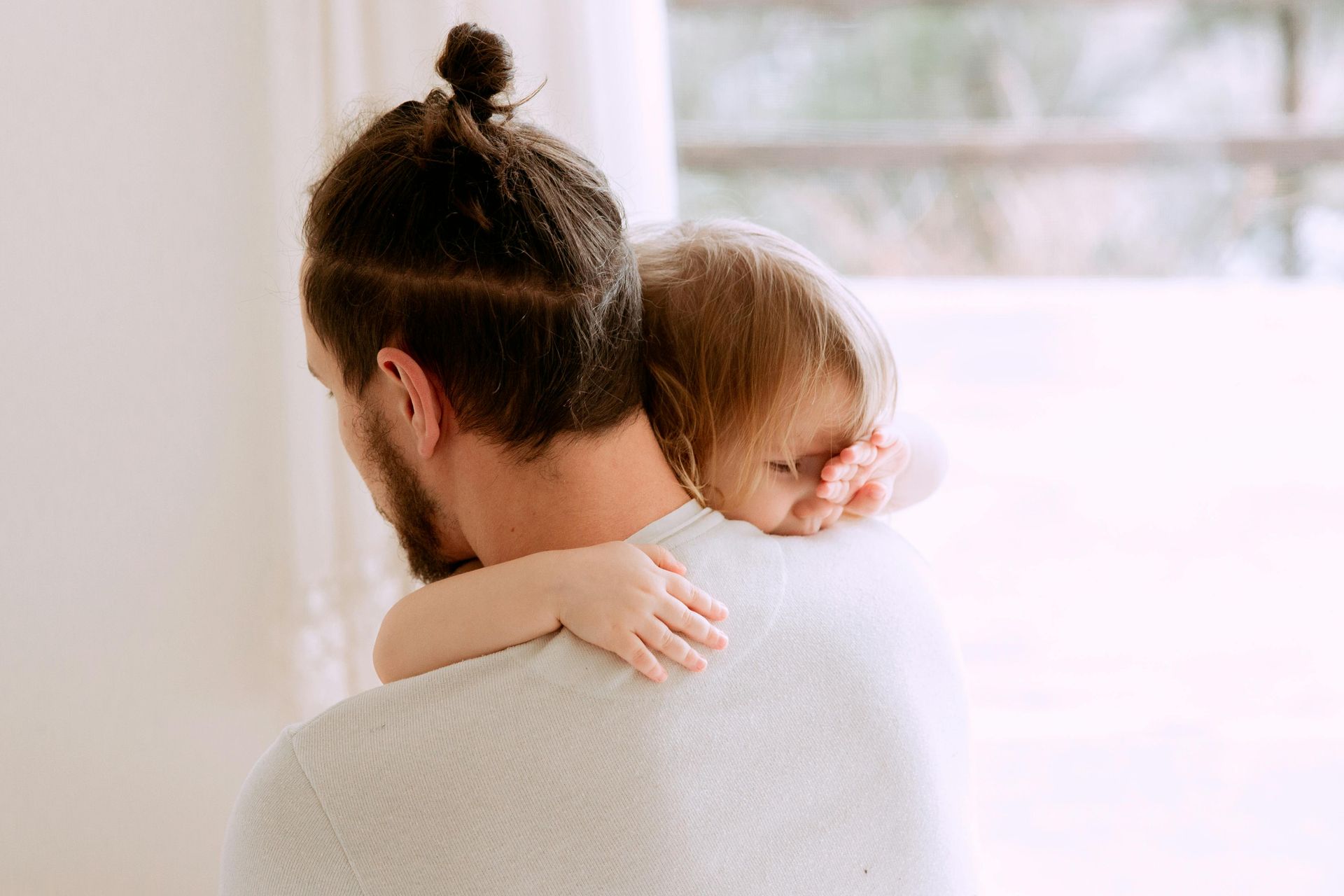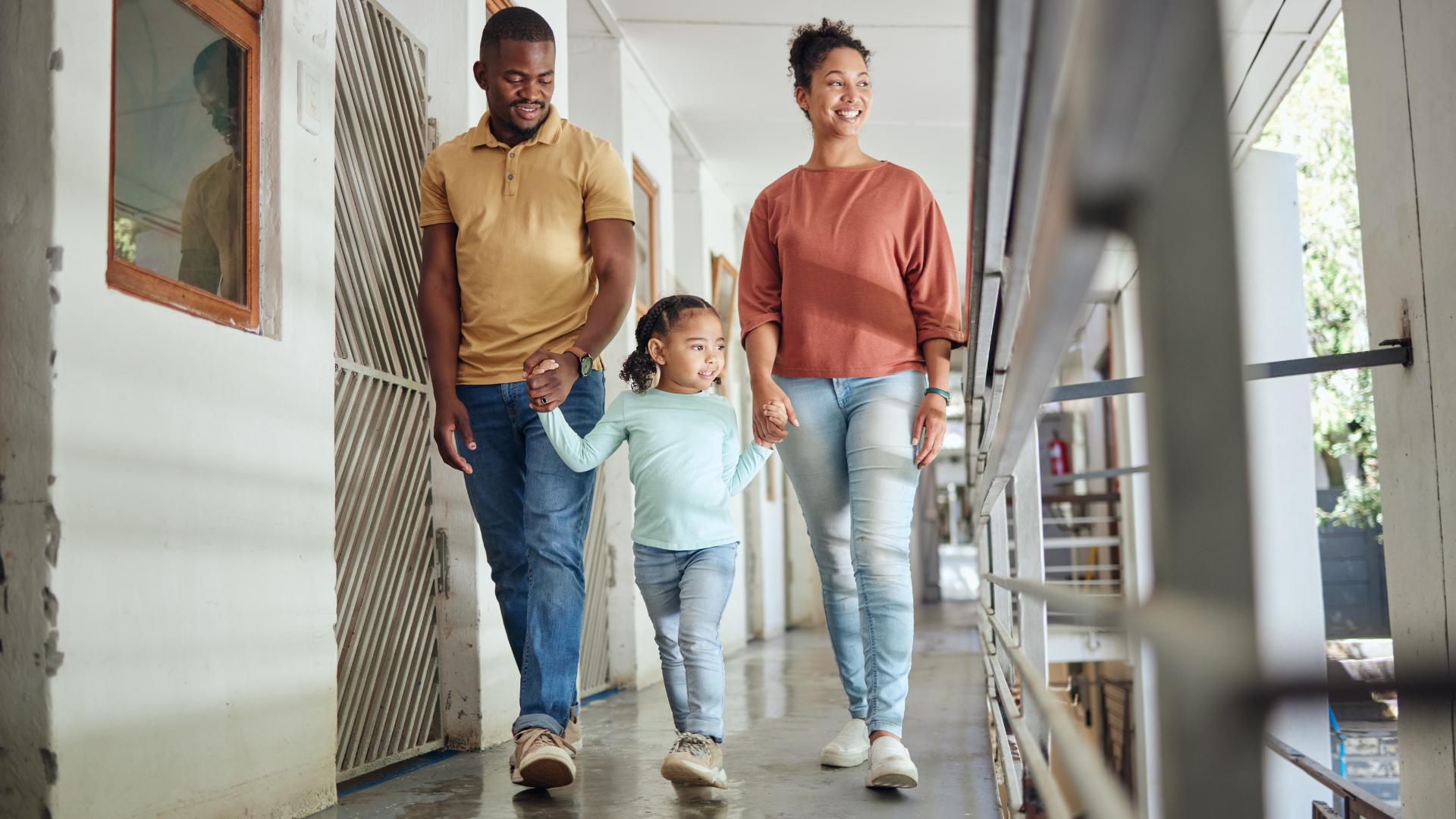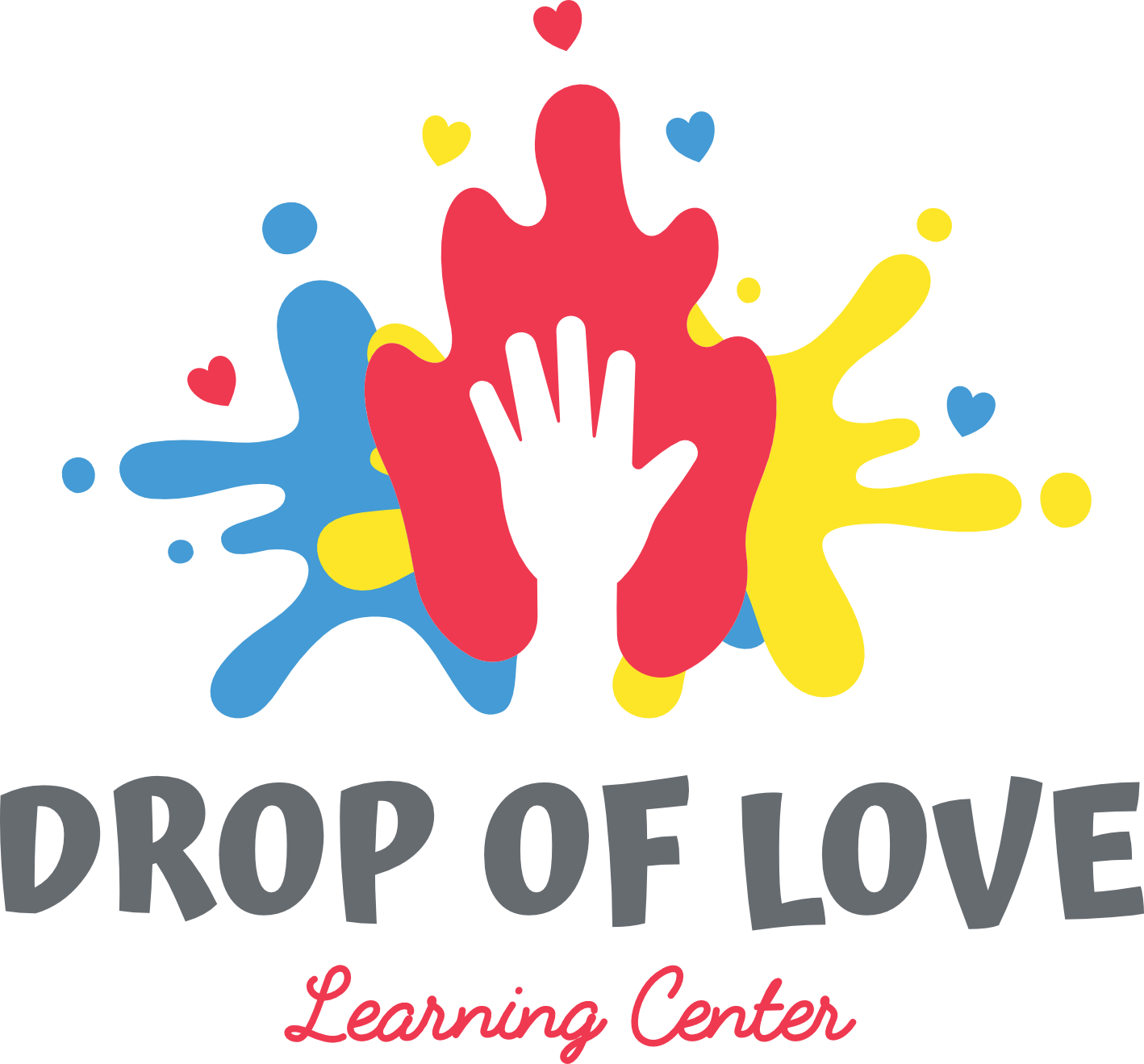The Role of Social-Emotional Learning in Early Childhood Education: Building Strong Foundations
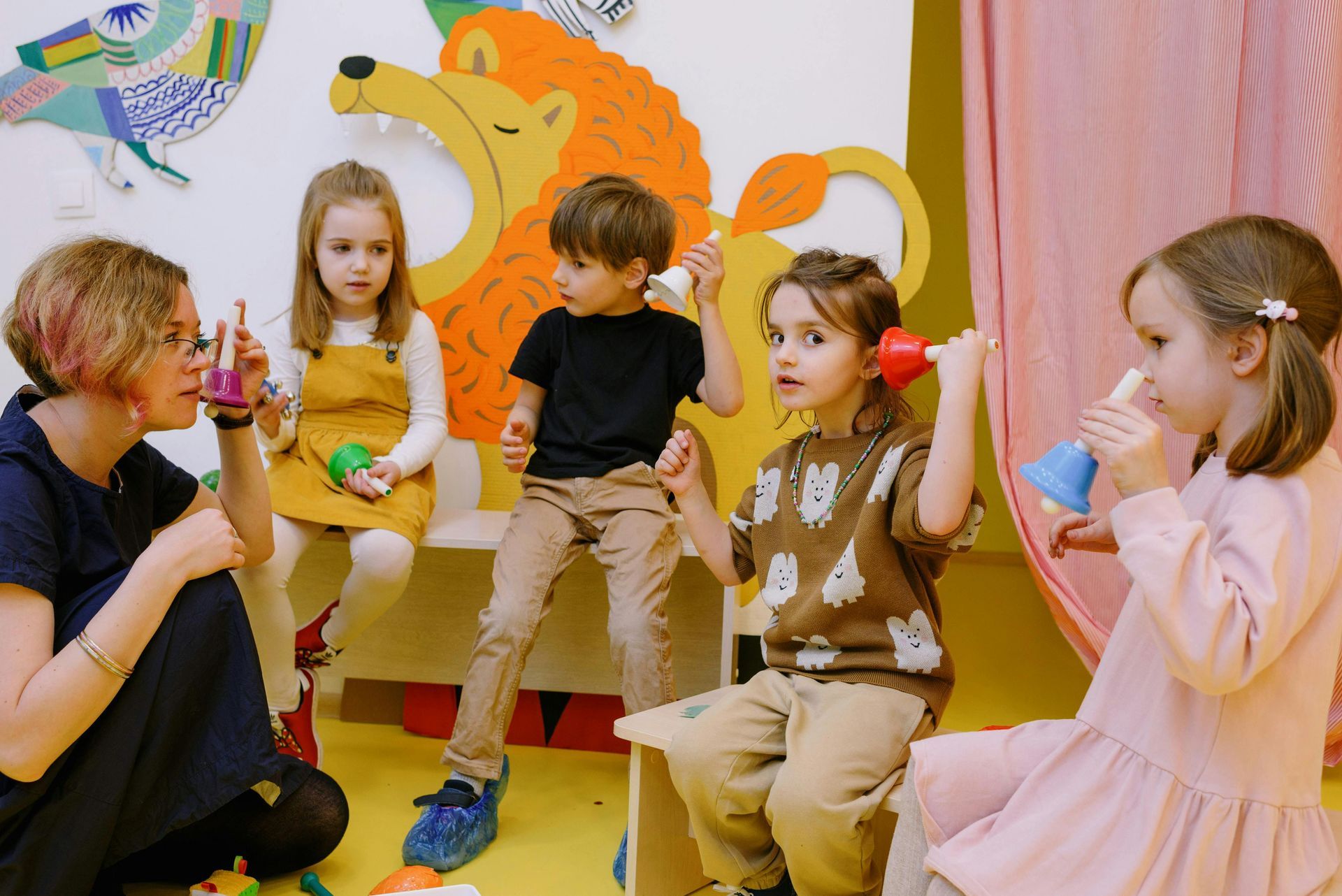
Early childhood is a time of rapid growth and development, not only academically but also socially and emotionally. At Drop of Love Orlando, we understand the importance of nurturing a child’s emotional intelligence and social skills to create a well-rounded foundation for future success. Social-emotional learning (SEL) plays a critical role in helping children understand their own emotions, interact with others, and navigate the complexities of the world around them.
In this blog post, we’ll dive into the significance of social-emotional learning, how it influences a child’s growth, and the ways in which we incorporate SEL into our curriculum at Drop of Love Orlando.
What is Social-Emotional Learning?
Social-emotional learning refers to the process through which children learn to recognize and manage their emotions, develop empathy for others, establish positive relationships, and make responsible decisions. SEL is a key component in fostering emotional well-being, academic success, and overall resilience.
At Drop of Love Orlando, we incorporate SEL into our daily activities to help children build essential life skills that will serve them throughout their academic journey and beyond.
Why Social-Emotional Learning is Crucial in Early Childhood
Social-emotional learning lays the groundwork for future success in all areas of life. Here’s why it’s essential in early childhood development:
1. Emotional Awareness and Regulation
SEL teaches children how to recognize their emotions, understand what triggers those emotions, and learn strategies to regulate them. For example, children might learn to use words to express how they feel instead of resorting to physical actions or outbursts. This emotional self-regulation helps children develop the skills they need to handle stress, frustration, and difficult emotions as they grow.
2. Empathy and Compassion
SEL helps children develop empathy by teaching them to understand and care about the feelings of others. Through activities such as role-playing, storytelling, and group discussions, children practice putting themselves in others' shoes. This empathy builds compassionate relationships and promotes kindness, which is essential for positive social interactions throughout life.
3. Positive Peer Relationships
Early childhood is the time when children begin to develop friendships and learn to navigate social situations. SEL helps children build the skills they need to interact respectfully with others, resolve conflicts peacefully, and collaborate effectively. These social skills create a strong foundation for positive peer relationships, reducing the likelihood of bullying and social isolation.
4. Self-Confidence and Resilience
By learning how to express themselves and handle challenges, children build a sense of self-confidence. SEL helps children feel secure in their abilities, which is vital for their emotional resilience. They learn to persevere through setbacks, solve problems independently, and approach challenges with a positive attitude.
How Drop of Love Orlando Integrates Social-Emotional Learning
At Drop of Love Orlando, we believe that social-emotional learning should be woven into every aspect of the curriculum. We focus on creating a safe, supportive environment where children can learn these valuable life skills through interactive activities, modeling, and positive reinforcement.
Here’s how we incorporate SEL into our programs:
1. Daily Emotional Check-Ins
We begin each day by checking in with the children about how they’re feeling. This allows children to express their emotions and helps us gauge their emotional state. We provide children with different ways to identify their feelings—whether through pictures, colors, or words—so that they can communicate more effectively. This practice helps children become more emotionally aware and better able to express themselves.
2. Role-Playing and Social Stories
Role-playing is a powerful tool for teaching empathy, problem-solving, and conflict resolution. In our classrooms, we regularly engage children in role-playing activities that simulate real-life scenarios, such as sharing toys, asking for help, or expressing frustration. Through these activities, children practice appropriate ways to respond to various social situations, learning how to navigate emotions and interactions with peers
.
3. Guided Conversations and Group Discussions
During circle time or small group activities, we engage children in discussions about emotions, relationships, and behaviors. We might read stories about friendship or emotional regulation, followed by guided conversations to help children understand the lesson and connect it to their own experiences. These discussions foster self-awareness and help children learn how to express their emotions in a healthy way.
4. Praise and Positive Reinforcement
We focus on reinforcing positive behavior by acknowledging acts of kindness, empathy, and cooperation. When a child shares with a friend or helps clean up after playtime, we make sure to praise them for their positive choices. Positive reinforcement encourages children to continue making good decisions and reinforces the importance of social-emotional skills.
Long-Term Benefits of Social-Emotional Learning
The skills learned through social-emotional learning have a profound impact on a child’s future success. Here's how SEL continues to benefit children as they grow:
1. Improved Academic Achievement
Children who develop strong social-emotional skills tend to perform better academically. They are better able to focus, manage their emotions, and work collaboratively with others. SEL provides children with the tools they need to excel in the classroom and beyond.
2. Stronger Mental Health
By learning how to manage stress, cope with challenges, and express their feelings in healthy ways, children with SEL skills are better equipped to maintain good mental health. These skills help children develop emotional resilience, reducing the likelihood of anxiety, depression, and other mental health issues as they grow older.
3. Successful Relationships
Social-emotional learning lays the foundation for building strong, healthy relationships throughout life. Children who learn empathy, respect, and conflict resolution skills early on are more likely to form positive relationships with peers, teachers, and family members.
4. Better Decision-Making
Children who practice SEL are better equipped to make responsible, thoughtful decisions. They are more likely to consider the consequences of their actions and make choices that align with their values and goals. This decision-making ability benefits them in school, in their personal lives, and in their future careers.
Discover how active learning and emotional intelligence work hand in hand to support holistic development in young children in Why Active Learning Is Essential in Early Childhood Education and Fostering Emotional Intelligence in Early Childhood: The Key to Lifelong Success.
Conclusion: The Power of SEL in Shaping Future Success
At Drop of Love Orlando, we believe that social-emotional learning is just as important as academic achievement. By teaching children how to understand and manage their emotions, develop empathy, and build strong social connections, we are preparing them for a lifetime of success. Social-emotional skills are foundational for thriving in school, in relationships, and in life.
By incorporating SEL into our daily curriculum, we’re helping children develop the emotional intelligence they need to navigate the world with confidence and compassion. At Drop of Love Orlando, we’re committed to fostering a learning environment where children can grow emotionally, socially, and academically, setting them up for a future filled with success and happiness.

